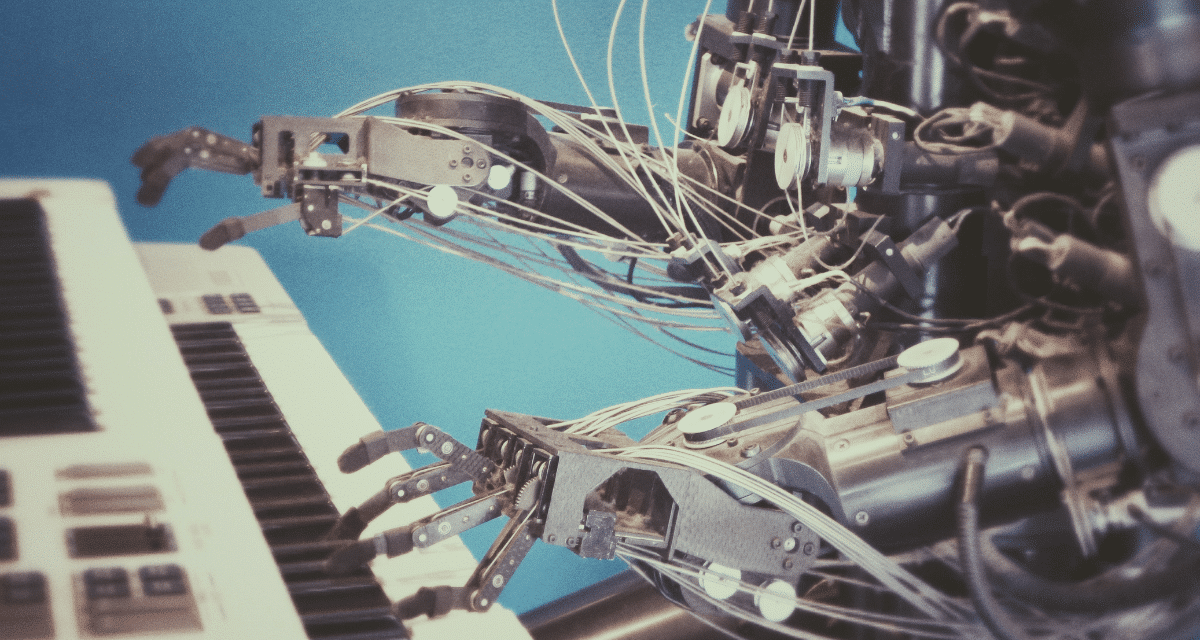Artificial consciousness is the elephant in the room
The Future. AI is smarter now than it’s ever been, but it still hasn’t eclipsed human intelligence due to lacking one pivotal trait: consciousness. As society becomes more dependent on machines, we’ll need them to be more resilient, which can only happen when they develop self-awareness. If machines are able to one day understand what they are and what they think, possibly even forming emotions, they might actually get on our level.
What determines consciousness anyway?
NYT breaks it down.
- Physicality. Josh Bongard, a roboticist at the University of Vermont, points out that humans have not only evolved to adapt to their surroundings and interact with one another, but their tissues have evolved to subserve these functions, and their cells have evolved to subserve their tissues.
- Language. Antonio Chella, a roboticist at the University of Palermo, believes that consciousness can’t exist without language. He’s developing robots that can form internal monologues.
- Abstract thinking. Thomas Sheridan, a mechanical engineering professor at MIT, believes that consciousness can be reduced to a specific process and that the more we learn about the brain, the less fuzzy the concept will be.
- Adaptability. Hod Lipson, a mechanical engineer at Columbia University, wonders whether the replication of natural selection in machine code might create a form of intelligence that can learn about its own body and function.
- Future visioning. According to Lipson, the fundamental difference among types of consciousness is how far into the future an entity can imagine itself.
Is your head spinning yet? Ours is.
What’s next?
At the rate technology is advancing, we might build a robot that many people think is conscious before we agree on the criteria of consciousness. When that happens, will we value the robot the same way we value our fellow humans? Will we grant it the same rights and freedoms?
There’s also the possibility we could accidentally create superintelligent machines that will transcend us. But even if robots do become conscious, they’ll still be missing one thing: a human soul.
TOGETHER WITH CANVA
No design skills needed! 🪄✨
Canva Pro is the design software that makes design simple, convenient, and reliable. Create what you need in no time! Jam-packed with time-saving tools that make anyone look like a professional designer.


